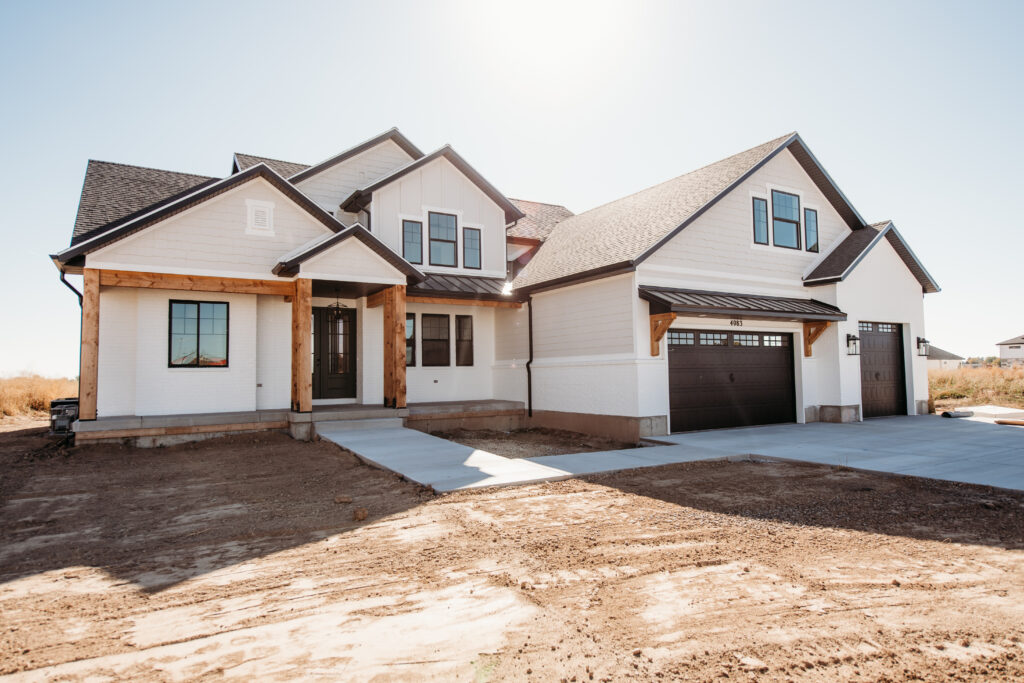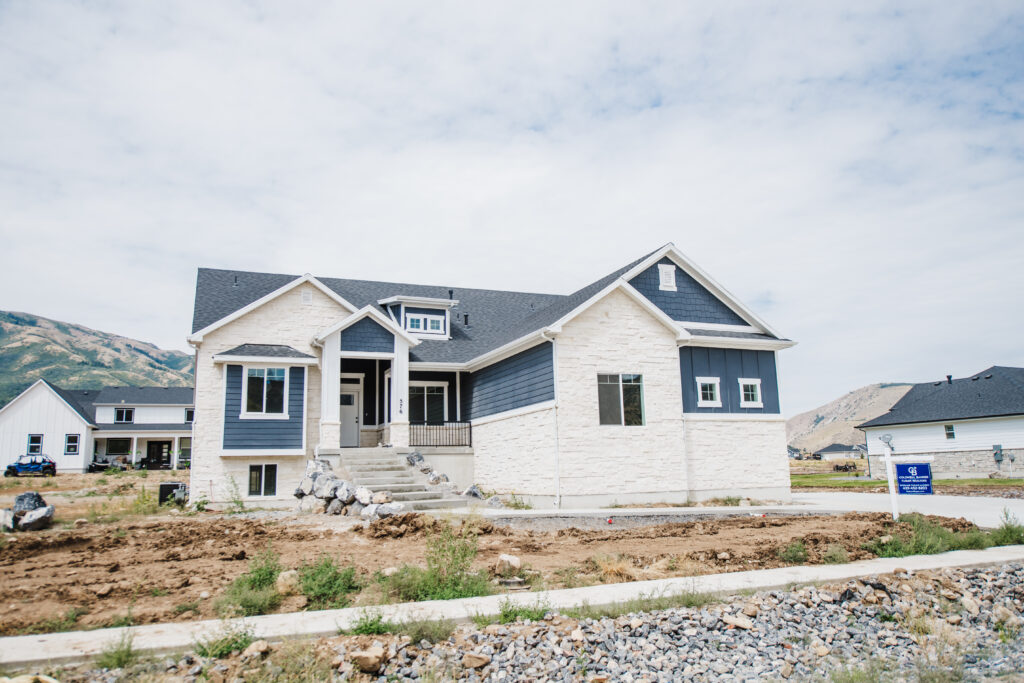
Purchasing a home is a major financial decision that requires a steady income and a readiness to set down roots. There are different financing options to help homeowners pay for their new living quarters. If you are not sure what option is best for you, continue reading our blog about the best ways to finance your new home.
1- Apply For A Mortgage
The typical and traditional way to finance your new home is to apply for a mortgage from the bank. These lendings from a bank typically require over a 620 credit score and a down payment. These tend to have higher out-of-pocket costs but are the best option for those with savings and reliable incomes. This route also helps you secure your home faster and without the risk of loss.
Before you apply for a mortgage, there are some ways to make the process easier. Make sure that you have verifiable income and proof of it. Tax returns and pay stubs are good things to keep on hand. Even if you are a first-time home buyer, having a down payment is always a good idea. Down payments can be anywhere from 3-20% of your loan price. The more money you put down, the lower the risk you are for a lender.
2- Government Issued Loan
Homeowners who don’t qualify for a conventional loan could secure a loan backed by the Federal Housing Administration (FHA), the U.S. Department of Agriculture (USDA), or the Department of Veteran Affairs (VA). These departments offer discounts and lower rates as well as closing cost assistance. A credit score of around 500 is needed and you will need documentation to prove you are eligible for the benefits of the department.
3- Seller Financing
If you find a desperate seller, they may be willing to forego a normal lender and offer you the money themselves. This option may come with a higher interest rate and the seller loan should be temporary until you can get a conventional loan. Deciding to take this loan route is a high risk for the buyer and seller because of the lack of formality. If you are looking into seller financing, you may want to have a lawyer look at your agreement and understand the consequences against you if you do not uphold your end of the loan.

4- Tap Into Savings Or Retirement Funds
If you have funds in retirement savings or another account, purchasing a home may be the time to dip into these reserves. Your 401K may have a clause that requires you to use the funds within 120 days of withdrawing. Make sure to double-check all penalties or clauses before you use this money to finance your new home.
5- Rent To Own
Some homes may come with the option for you to rent to own. While renting may not seem all that appealing to finance your new home, it may help you gain some financial stability before jumping into a mortgage. This process starts with you paying monthly rent that adds up to the value of the house. You may also live in the home while you build up savings to acquire a loan to claim the property yourself. Many sellers may require an upfront payment of around 2-7% of the home value before you begin the rent-to-own process. It can be risky since this is often money you will never see again if you decide against buying the house.
Homes With Cole Val
Building or buying homes can be a stressful process, especially when it comes to financing. Cole Val Construction works to help take some weight off your shoulders when you hire us to build your home. Not only do we give you peace of mind about the materials and handiwork, but we communicate any changes or bumps in the road before they become a major issue.

Our team has been in the business of construction for over 25 years and brings all of those skills and extensive knowledge to the table when designing your home. Custom homes help homeowners feel more in control of their new build and can bring some stability among the chaos. A fully custom home may not be in the cards for everyone, so we offer common floor plans and home remodeling as well. If you are ready to add value and functionality to your home, contact Cole Val Construction to get started today!


 801.305.3503
801.305.3503
Leave a Reply